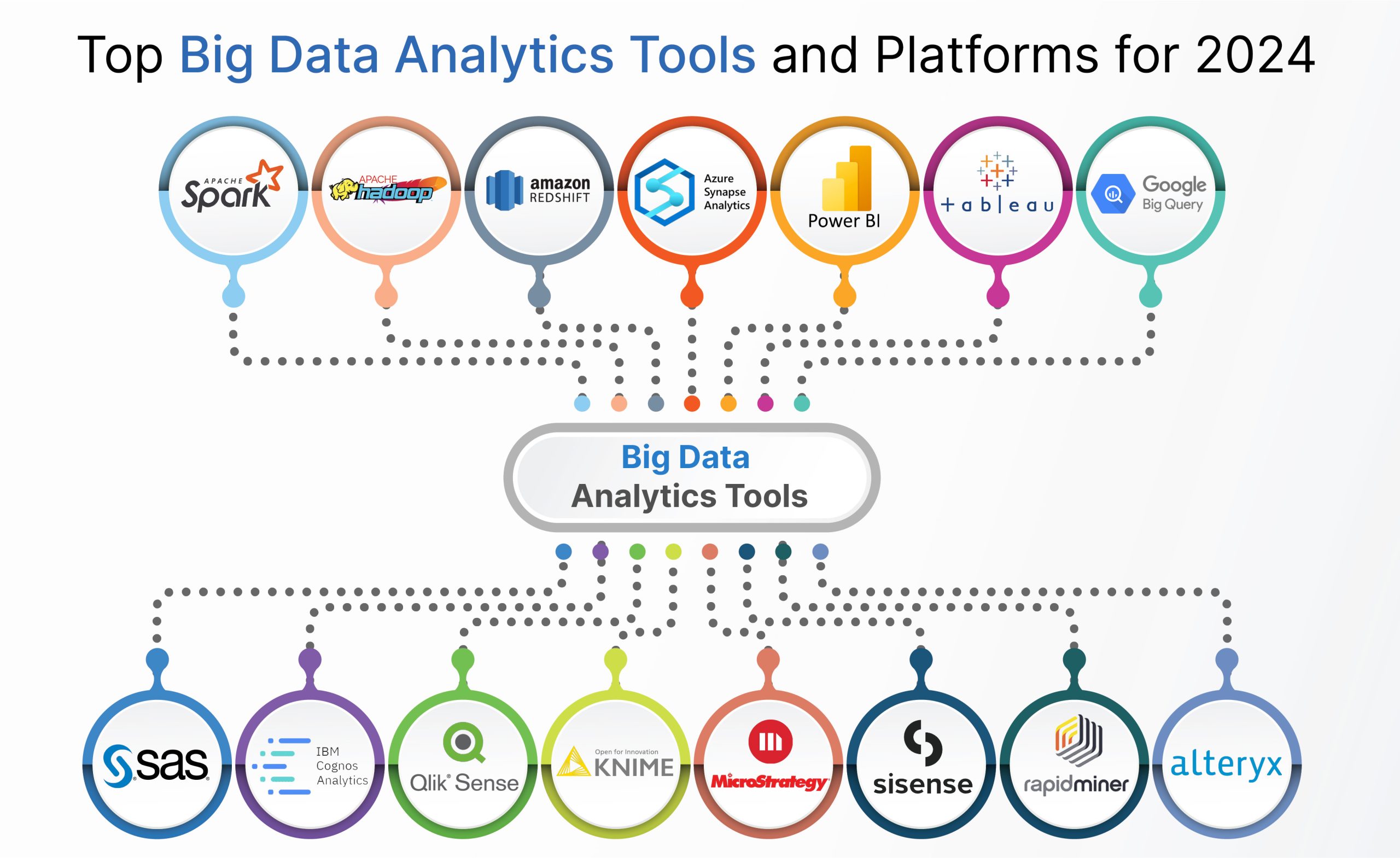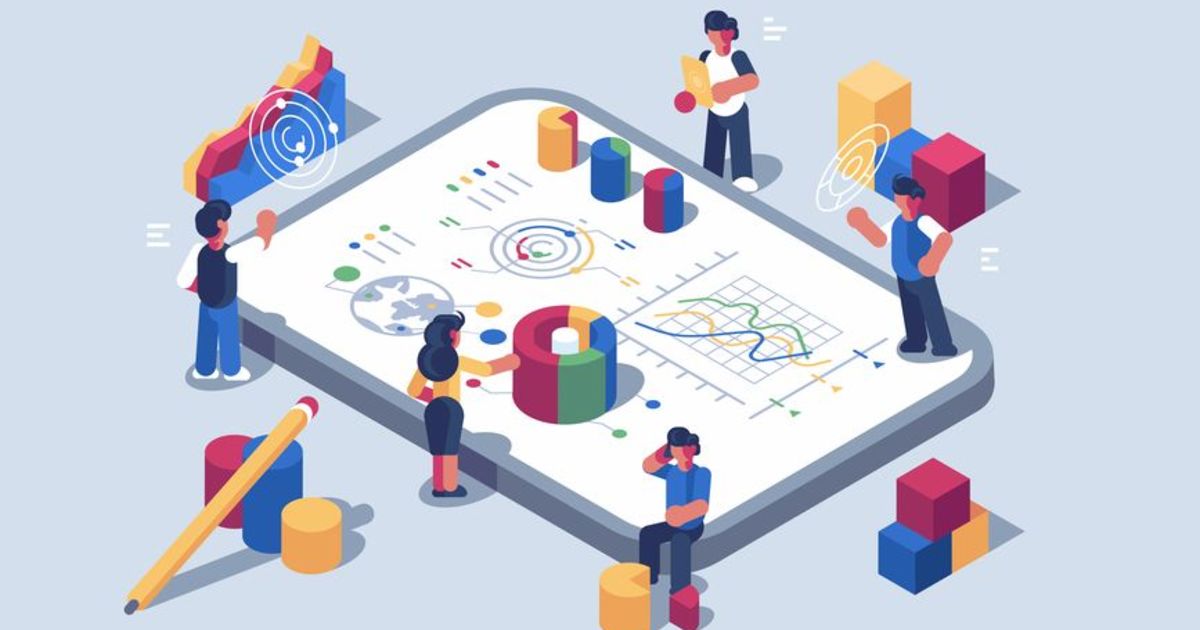Leverage Predictive Analytics for Future-Ready Choices
Leverage Predictive Analytics for Future-Ready Choices
Blog Article
Take Full Advantage Of Development: Just How Analytics Drive Better Approaches
In today's data-driven landscape, organizations progressively identify the critical role of analytics in shaping efficient development methods. By using information understandings, services can fine-tune their operational approaches, expect market adjustments, and improve consumer interaction. Nonetheless, the challenge exists not only in accumulating information but in properly translating it to drive concrete outcomes. As we discover the essential advantages and methods connected with analytics, a vital inquiry emerges: exactly how can organizations guarantee they are leveraging these understandings to unlock their full possibility? The answer might redefine the future of tactical planning.
Comprehending Data Analytics
Information analytics is an organized computational analysis of information that allows companies to discover meaningful patterns and insights. This procedure incorporates a selection of strategies, including analytical evaluation, predictive modeling, and information mining, which jointly intend to change raw information into workable information - Analytics. By employing these approaches, companies can make informed decisions that are rooted in empirical proof instead than instinct alone
The structure of information analytics depends on its capacity to deal with vast amounts of info from varied sources. This consists of structured information, such as data sources, and disorganized data, including social media sites interactions and consumer feedback. Through making use of specialized software program and devices, analysts can draw out and refine this data successfully, identifying trends and correlations that might not be right away obvious.
Recognizing data analytics also involves acknowledging the relevance of information quality and honesty. Reputable and precise data is important for purposeful analysis; therefore, companies must execute robust data administration practices. Furthermore, the iterative nature of analytics enables continual refinement and renovation of techniques, guaranteeing that organizations remain nimble despite transforming market characteristics and customer behavior.
Secret Benefits of Analytics

One of the crucial advantages of analytics is its ability to offer actionable understandings. Organizations can swiftly evaluate substantial quantities of information, discovering patterns that may not be immediately noticeable.
Another considerable advantage is boosted consumer understanding. Analytics devices enable companies to sector their audience, track consumer habits, and individualize marketing efforts. This targeted strategy not only enhances client involvement yet also drives higher conversion prices.
Implementing Analytics Methods
To completely understand the benefits of analytics, companies must take on organized strategies for implementation. This begins with plainly specifying objectives that align with more comprehensive organization goals. By establishing certain, measurable results, organizations can focus their analytics efforts on locations that yield the greatest roi.
Next, organizations need to focus on information administration to make certain the integrity and protection of the data being evaluated. This involves establishing protocols for information collection, storage, and access while adhering to relevant policies. Making sure top quality information is essential for generating purposeful insights.
Additionally, cultivating a culture of data-driven decision-making is vital. This calls for training workers to interpret analytics searchings for and motivating cooperation throughout departments. They are extra likely to integrate understandings into their day-to-day visit this site procedures. when groups understand the worth of analytics.
Last but not least, organizations should routinely assess and fine-tune their analytics methods. The landscape of information and technology is continually developing, and remaining adaptable will allow organizations to leverage new devices and approaches effectively. By implementing these structured techniques, organizations can maximize the effect of their analytics efforts and drive sustainable development.
Tools for Effective Analysis
Efficient evaluation counts on a range of tools that promote the removal of insights from information - Analytics. These tools can range from straightforward spread sheet applications to advanced maker learning platforms, each serving a distinct objective in the logical process
Information visualization software application, such as Tableau and Power BI, plays a critical function in transforming intricate datasets into understandable graphical representations. These tools enable experts to recognize patterns and fads quickly, permitting even more enlightened decision-making.
Analytical evaluation software application, like R and SAS, uses sophisticated capacities for carrying out comprehensive evaluations, consisting of regression, theory screening, and predictive modeling - Analytics. These attributes empower companies to draw meaningful conclusions from their information, recognizing prospective opportunities and dangers
Furthermore, database monitoring systems such as SQL and NoSQL data sources give the necessary framework for saving and inquiring big volumes of data efficiently. They make sure that data is arranged and obtainable for evaluation.
Finally, company intelligence systems incorporate various data sources, supplying a thorough view of business performance. By using these read tools properly, organizations can improve their analytical capabilities, enabling them to develop techniques that take full advantage of growth and enhance overall efficiency.
Study of Success
Effective organizations usually utilize information analytics to drive impactful approaches, as shown by numerous significant case researches. By employing these understandings, Netflix has efficiently tailored its content recommendations, resulting in raised user interaction and client retention.

Furthermore, Starbucks uses data analytics to establish optimum store areas and fine-tune its product offerings. By analyzing consumer demographics and buying patterns, Starbucks efficiently identifies high-potential markets and tailors its menu to local tastes, driving sales and customer loyalty.
These study highlight that efficient usage of data analytics can lead to calculated benefits, cultivating advancement and growth within organizations across different industries.
Final Thought
To conclude, the assimilation of analytics into organizational techniques substantially boosts decision-making processes and promotes lasting growth. By leveraging data-driven understandings, organizations can recognize fads, anticipate market changes, and optimize procedures. The efficient execution of analytics tools additionally sustains agility and technology, allowing organizations to navigate affordable landscapes with higher accuracy. Inevitably, a commitment to analytics not just drives instant performance renovations but likewise secures long-term success in an ever-evolving marketplace.
Information analytics is a methodical computational analysis of information that enables organizations to reveal significant patterns and insights.Recognizing data analytics also entails acknowledging the significance of information top quality and integrity. Precise and dependable data is vital for significant analysis; hence, organizations have to apply durable information administration practices.Next, companies should focus on information administration to ensure the honesty and protection of the information being analyzed.Successful organizations frequently leverage data analytics to drive impactful methods, as evidenced by several noteworthy instance research studies.
Report this page